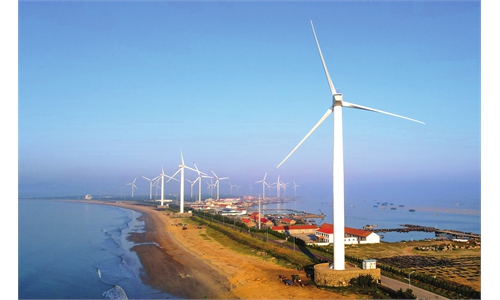
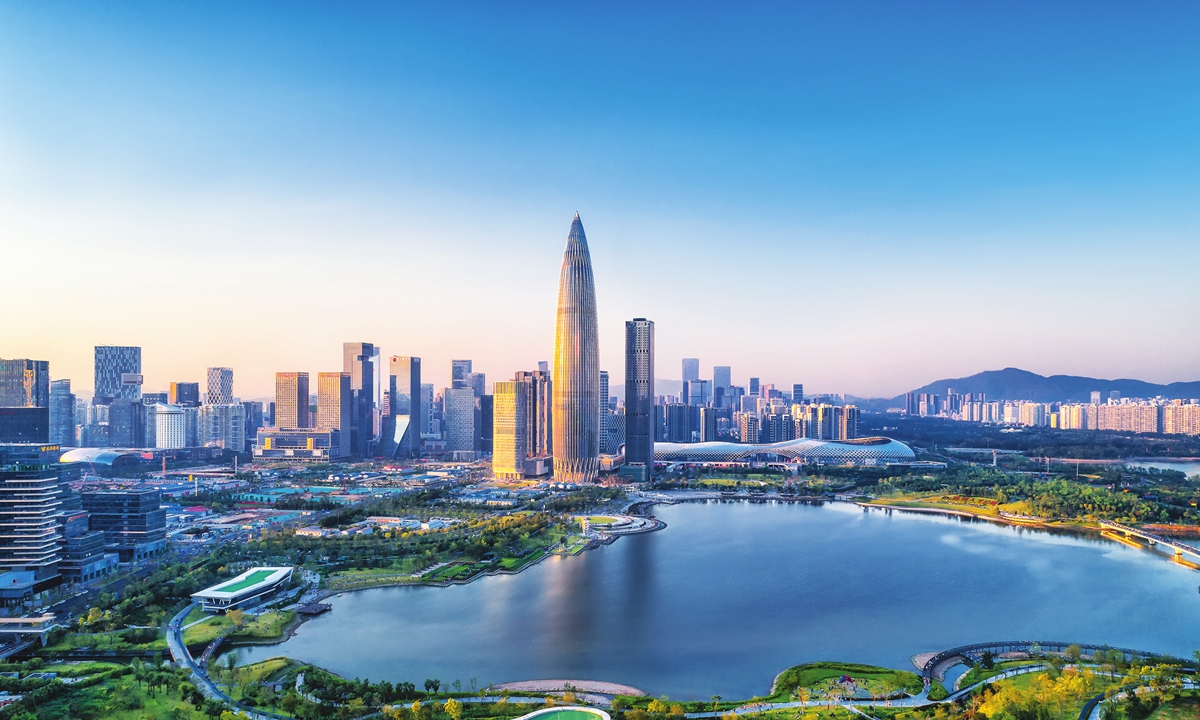
A view of Shenzhen, South China's Guangdong Province Photo: VCG
For some time, the US has accused China of trying to use its status as a developing country "to seek profit and avoid responsibility," attempting to deprive China of its developing country status. In June, legislation to strip China of its developing country status in international organizations was passed by a US Senate committee. In the second of a series of stories refuting such the extreme moves and rhetoric taken by the US, Chinese experts countered that US' attempts are doomed to fail.
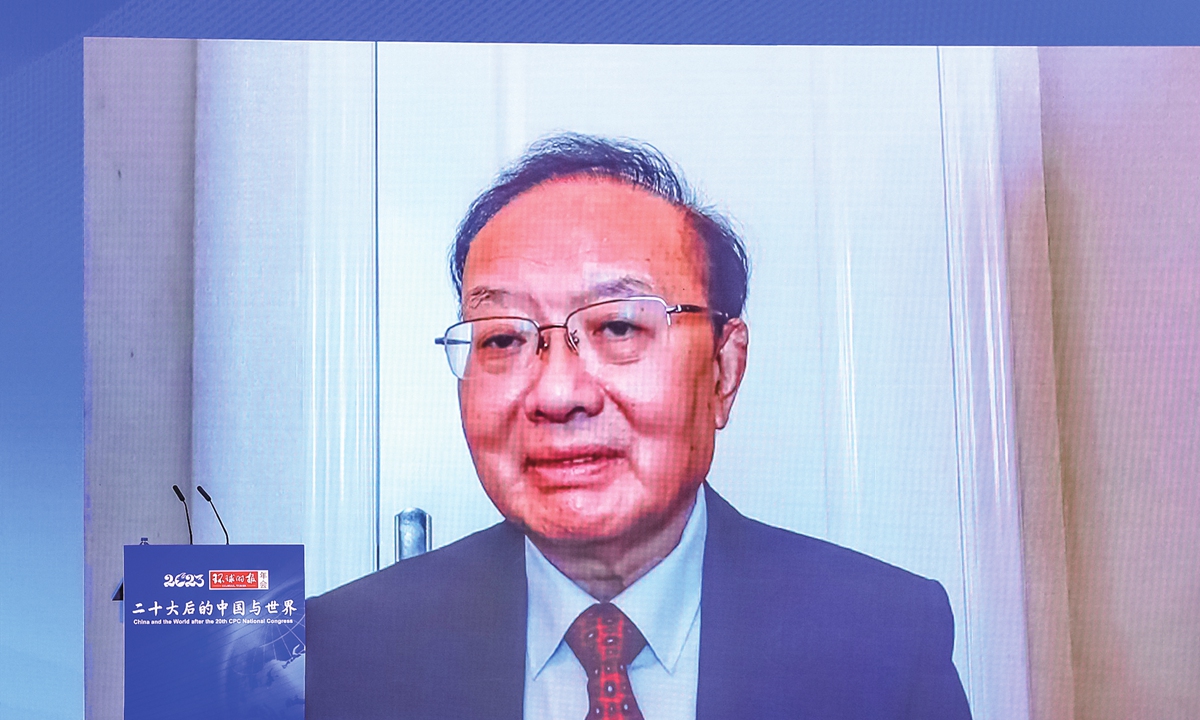
Wei Jianguo, a former Chinese vice minister of commerce and executive deputy director of the China Center for International Economic Exchanges
China's status as a developing country is not determined by bills or documents unilaterally passed by the US. Facts and data prove that China is still a large developing country.
First, China's per capita GDP and per capita income are far below that of developed countries. The fact is not that China's per capita income has surpassed that of developed countries, as the US and Western countries say. China's per capita GDP has only reached $12,000. A truly developed country should have a per capita GDP of over $40,000.
Second, China has a huge population - 1.4 billion people. The development of China's regions is not balanced, and there remains a big gap between the east and the west, urban and rural areas. Many regions in China have only recently completed poverty alleviation work, and there is still a lot of poverty alleviation work to be done. China is striving to pursue common prosperity and further narrow regional differences.
Even if China's technology has further improved and developed in the future, there are still many problems to be solved in some social infrastructure construction, including social welfare, elderly care, health care, and education.
The US and the West are trying to use various means to label China as a developed country and ask China to shoulder more responsibility. This is unfair. There are sinister intentions behind the US' moves to deprive China of its status as a developing country. On the one hand, it is discrediting China's economy, on the other hand, it is "beautifying" China as a developed country. In fact, there are same ulterior motives behind these two moves: Attempting to delay China's modernization process and even reverse China's development, while letting China take more responsibility and enjoy fewer rights as a developing country.
Whether it is discrediting China's economy or labeling China as a developed country, the US aims to hinder China's economic development, which challenges China's bottom line - sovereignty, security and development. China will not sit idly by and allow the US to do this.
Moreover, by classifying China as a developed country, the US is trying to drive a wedge between China and other developing countries. By doing so, the US obviously attempts to separate China from the developing world, so that China cannot speak on the world stage on behalf of developing countries, and prevent China from safeguarding the interests of developing countries.
For a long time, the US has been deliberately sabotaging cooperation between China and other developing countries. The US has been spreading rumors aimed at interfering with the economic and trade cooperation between China and other developing countries in Africa, Asia and Latin America. China is the largest developing country in the world, the US is the largest developed country. The US uses rumors to undermine China's solidarity with developing countries and China's global representation.
The US accuses China of trying to use its status as a developing country "to seek profit and avoid responsibility." In fact, the US has benefited the most in the world trade, and China has received the most unfair treatment but contributed the most.
For example, in global trade, the US has accumulated market influence through patents while trying to make China a market for cheap labor. It is China, not the US, that should complain about unfairness.
At present, China is the country that contributes the most to important global issues, whether it is economy, climate change or other aspects. As an excellent student in the WTO, China has done better than other developed countries in terms of tariff reduction. Among the five permanent members of the UN Security Council, or the entire UN, China is the country that sends the most peacekeeping troops. China is the country that sends the most medical teams to developing countries.
These all show that China is a responsible developing country. In fact, China's contribution to maintaining the world order centered on the UN Charter and supporting WTO rules and regulations is clear to the global community. The accusations made by the US and the West are untenable. Their attempt to deprive China of its developing country status in this way is doomed to fail.
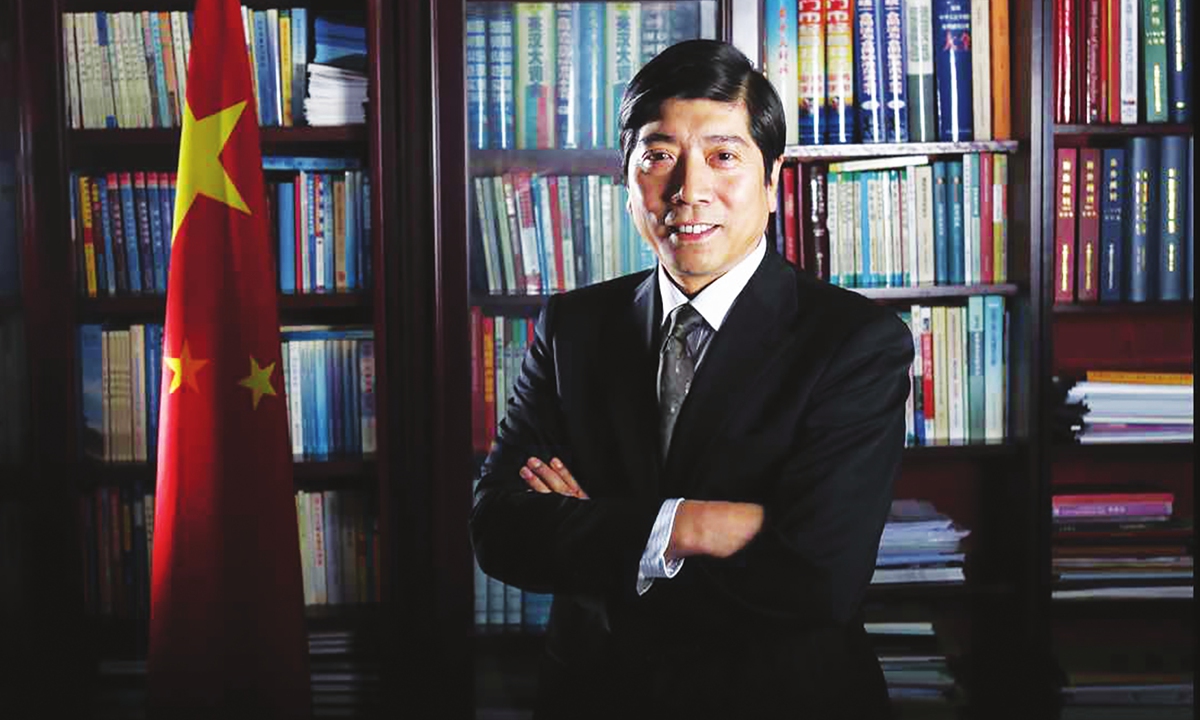
Huo Jianguo, a vice chairman of the China Society for World Trade Organization Studies in Beijing
There is no uniform international standard for the determination of the status of developing countries. As for whether a country is a developing country, there are indeed several international standards, such as the World Bank's gross national income (GNI) per capita and the United Nations' Human Development Index (HDI). By these standards, China is still a developing country. From a comprehensive view of China's real development level, the achievements China has made are obvious to the world. China is an "excellent student" of developing countries, but it has not yet "graduated."
In international organizations such as the WTO, issues concerning the status of developing countries are mainly adopted in the form of self-identification. In my opinion, this is also a more just way. China was clearly identified as a developing country when it entered the WTO. Now countries can indeed discuss and determine a common standard, and China is also willing to participate in these discussions. However, it is not yet possible to determine a standard that is acceptable to all parties any time soon.
Since the Obama administration, in a series of international economic and trade frameworks such as the WTO, the US has used both soft and hard tactics to force China to recognize itself as a "developed country." After Trump took office, the US submitted proposals on nine separate occasions in an attempt to cancel the special and differential treatment for developing countries for China and other emerging market countries, and has repeatedly threatened the WTO to withdraw otherwise.
The current discussion on the status of developing country members has become one of the most intense topics under the umbrella of WTO reform. Some developed member states headed by the US may plan to designate China as a "developed country" and prompt changes in international organizations such as the WTO. And as China continues to move toward a higher level of development, the challenges raised by relevant countries will become increasingly intense.
But it must be noted that the US may have other political motives in its push to cancel China's designation as a developing country. The US approach has never been based on the principle of fairness. Washington always considers its own interests. Its purpose includes increasing the cost of China's development and curbing the momentum of China's rise.
This is deep-rooted hegemony and zero-sum thinking of the US. The US proposal to the WTO intends to deprive developing countries of their most-favored-nation treatment principle, non-discrimination principle, multilateral framework for rule-making, and special and differential treatment that developing countries enjoy in the WTO.
For example, the US suggests that a WTO member country should not be considered a developing country if it meets one of the following requirements: being listed as a high-income economy by the World Bank, a member of the OECD, a member of the G20, or accounting for more than 0.5 percent of global trade.
These standards listed by the US are obviously too subjective and do not represent generally acceptable standards for developing countries. Of course, they are firmly opposed by China, India, South Africa and other developing countries. If it is within the scope of the WTO to discuss this issue, I think it should be decided by all members, not by the US alone.
As for the "profit-making theory" and "evasion of responsibility theory" concocted by the US, it is even more inconsistent with the facts. China is an excellent student of developing countries in WTO. The terms of special and super-discriminatory treatment that China enjoys in the WTO are far below the average level of developing countries. China does not seek to enjoy more preferential treatments. China has been taking the initiative to assume more responsibilities and contribute to international organizations such as the WTO.
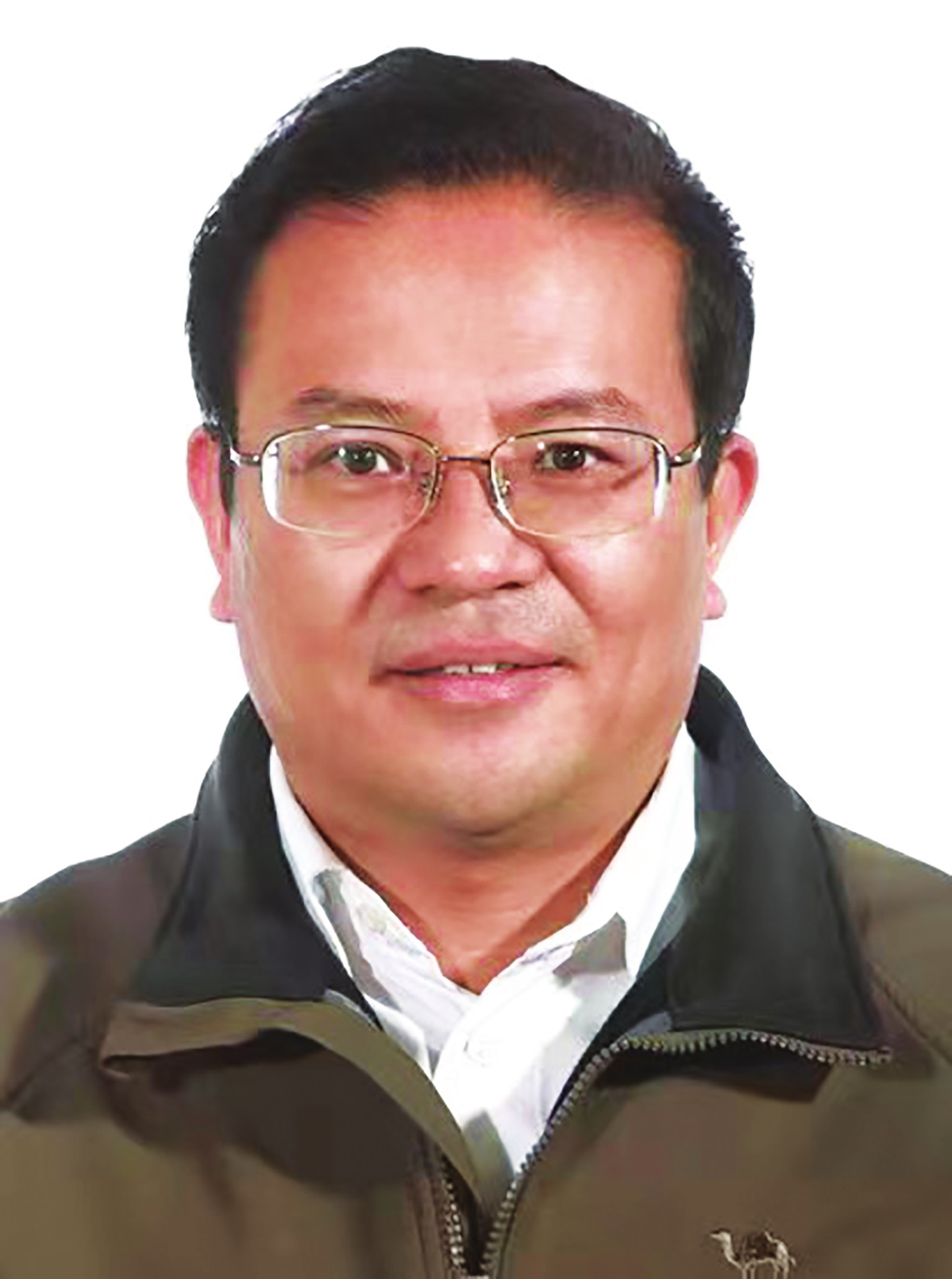
Wang Youming, director of the institute of developing countries at the China Institute of International Studies in Beijing
Whether in terms of domestic development or international standards, it is accurate to position China as a developing country. China is and will remain a developing country for a long time to come. It's just that China is a big country in the developing world.
From the perspective of domestic development, China's current economic development momentum has improved over time, but China is not only facing unbalanced regional development, but also unbalanced development across areas of its economy. Unbalanced regional development refers to the huge gap between the development of the eastern and western regions of China. Moreover, the development of different sectors of the Chinese economy is also uneven.
In terms of the composition of China's GDP, manufacturing and agriculture are still the mainstays, but in the field of high technology, China is not yet in a leading position, and has not yet constituted the standards of developed countries. In the high-tech field, China is a leader in 5G, but overall, in biotechnology, semiconductor technology, China does not hold a leadership position or have more advanced capabilities than developed countries.
In addition, the environment, law, market system construction, these soft areas, we have not yet reached the standards set by developed countries, and are still at the level of developing countries. Therefore, on the whole, China is still a developing country.
GDP is definitely an important factor in judging whether a country is a developing country or a developed one. China's current GDP has reached the second largest economy in the world. Judging from the qualitative factors of GDP composition, we are certainly a developing country. From the perspective of the quality of GDP, there is still a lot of room for improvement and development.
According to the measurement standard of per capita GDP, it generally needs to reach $20,000 to be considered a primary developed country. A country that exceeds $30,000 is considered a moderately developed country, and one that exceeds $40,000 is a truly developed country. However, China's per capita GDP has only recently exceeded $10,000, so it has not yet entered the ranks of developed countries. These standards objectively and fairly show that China is indeed a complete developing country.
Developing countries are not only an economic concept, but also a concept of all elements, which are various elements of economy, politics, society and culture. Such a combination of factors, such a concept, in a certain sense, the status of developing countries, the political meaning of developing countries, sometimes, in some respects, even exceeds the economic meaning. Therefore, it should not be understood only from the narrow scope of economic factors, so it is very important to understand the concept of developing countries accurately. It plays a vital role in the positioning and influence of a country's foreign policy.
The US and the West have been scrambling for any means to kick China out of the ranks of developing countries with ulterior motives. Therefore, the US and the West have recently thrown out the concept of a Global South, planning to drive a wedge between China and other developing countries. Chinese Foreign Minister Wang Yi pointed out at 13th Meeting of BRICS National Security Advisers and High Representatives on National Security in July that Global South represents emerging markets and developing countries, and reflects the collective rise of those countries on the international arena. The reason for such a clarification is to refute the West's smearing on cooperation among developing countries.
China's adherence to the status of a developing country is beneficial to other emerging countries as well as to developing countries. Why? If China is in the camp of developing countries, it will unite with other developing countries to strive for a fair, reasonable and democratic global governance or international order system, because the current international power system is unfair. The West still dominates this system as international trade and international finance.
In the 21st century, such an old international order controlled or monopolized by the US and the West is unfair and unsustainable. The vast number of developing countries will not accept such an order. China, standing on the side of the vast number of developing countries, will help China and other developing countries to stand up against such an unfair international order, so as to gain an international discourse power commensurate with our economic size, or international representation.
